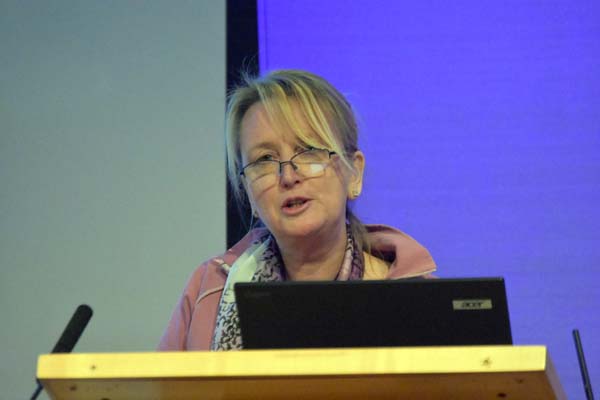An international meeting of tobacco control representatives this week presents a great opportunity for UK delegates to promote the UK’s dramatic success with electronic cigarettes, according to the New Nicotine Alliance (NNA).
The eighth meeting of the Conference of the Parties (COP8) to the World Health Organization’s Framework Convention on Tobacco Control (FCTC) is taking place in Geneva, Switzerland, on October 1-6.
In a press note issued on Friday, the NNA said the FCTC’s COP8 summit in Geneva presented a great opportunity for UK delegates to promote the UK’s dramatic success with e-cigarettes. The NNA said it was calling on UK delegates to communicate to global public health representatives the clear and unequivocal message that e-cigarettes and other alternative nicotine products were far safer than combustible tobacco and should be treated as such.
“E-cigarettes are a proven safer alternative to smoking and the UK boasts over 1.7 million former smokers who have converted from combustible tobacco to exclusively vaping instead,” NNA chair, Sarah Jakes, was quoted as saying.
“In the UK, the government has wisely recognised the significant benefits that tobacco harm reduction strategies can achieve and, as a result of positive messaging towards vaping with campaigns such as Stoptober, has seen smoking prevalence dramatically plummet in recent years.
“COP8 is a perfect opportunity for the UK to showcase this success and share our positive experience with the world.
“How can it be right that developed nations are enjoying great results in reducing the use of combustible tobacco by making safer alternatives available to smokers but sit by as less affluent nations are being railroaded into banning them by the WHO?”
The NNA pointed out that the UK government’s Tobacco Control Plan had committed to back innovative products in its drive to encourage smokers to quit. The government’s recommendations were evidence-based and designed to maximise the benefits of safer nicotine delivery.
Meanwhile, it added, the WHO recognised tobacco harm reduction as a guiding principle of its FCTC, so it was quite wrong that it currently invited nations to prohibit the use of these products.
“The WHO likes to talk about the right to health, but why is a smoker in India or Africa less entitled to access products which could help them quit smoking than a smoker in the UK or Canada?”, asked Jakes. “Furthermore, we have heard worrying reports that the EU is planning to petition the FCTC to call for a global ban on e-cigarette advertising. It would be scandalous if the UK delegation is complicit in such an unwise move and goes against the government’s commitment to improve availability of innovative products. What is the point of talking positively of safer alternatives while simultaneously stopping smokers from seeing any publicity about them?
“In Geneva, the UK’s representatives have a golden opportunity to promote the UK’s success with safer nicotine products.
“We provide the FCTC with generous funding to reduce smoking rates in underdeveloped nations. We would therefore urge the government to use the influence our financial contribution brings and do the right thing. That is to reject prohibition of harm reduction which less affluent nations feel obliged to implement due to WHO misinformation, urge the FCTC to adhere to its own articles on the subject, and resist restrictions on promotion of less harmful alternatives to smoking”
COP8 – a 'great opportunity'











